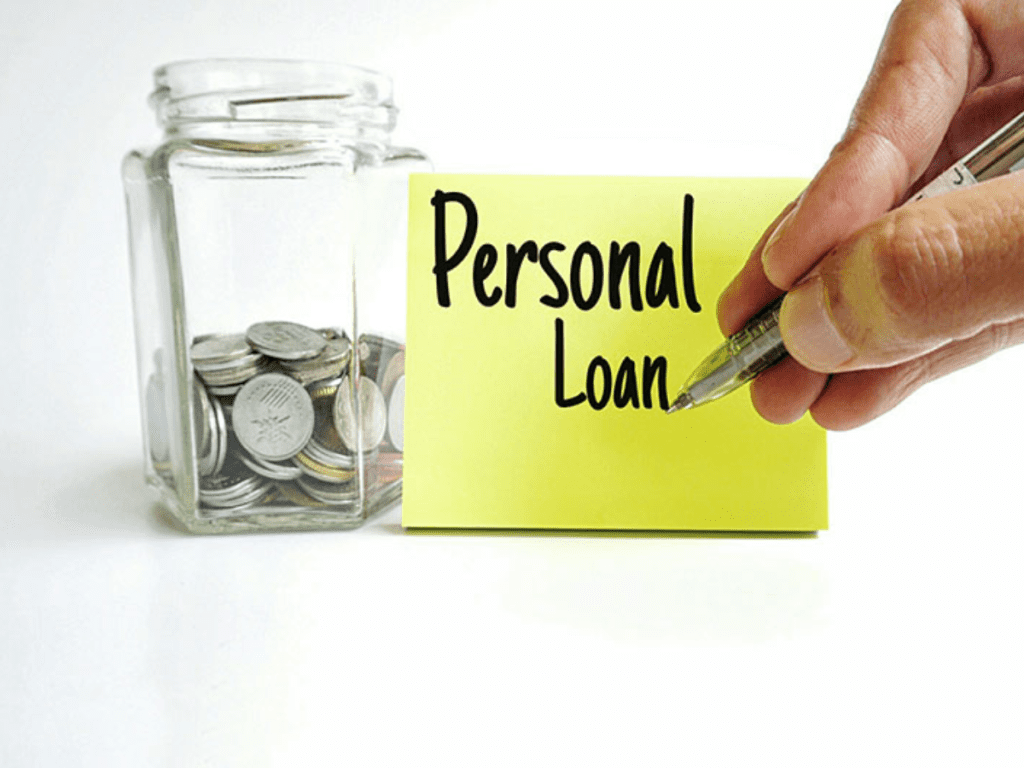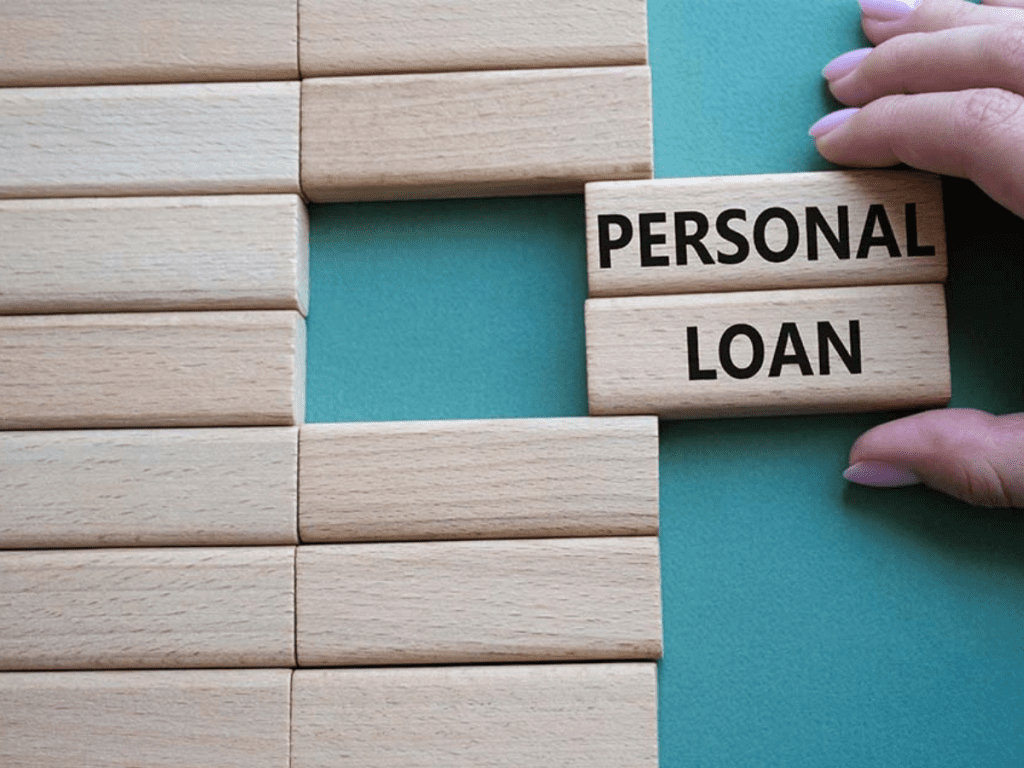Introduction
A financial crisis can strike at any time, leaving individuals or families scrambling to make ends meet. Whether caused by unforeseen medical bills, job loss, unexpected home repairs, or other emergencies, a financial crisis often requires immediate action. One potential solution that many people turn to in times of financial distress is a personal loan. But, while personal loans can offer much-needed relief, they are not always the best solution for everyone in every situation. It’s important to carefully consider when and how a personal loan can help you weather a financial storm.
In this comprehensive guide, we will explore what personal loans are, how they work, and when you should seriously consider applying for one during a financial crisis. We will also discuss the advantages and disadvantages of personal loans, along with strategies for managing debt responsibly. By the end of this article, you will have a better understanding of how personal loans work and whether they are the right financial tool for your current circumstances.
What is a Personal Loan?
A personal loan is a type of unsecured loan, meaning it does not require collateral such as a home or car to secure the loan. Typically offered by banks, credit unions, and online lenders, personal loans can be used for various purposes, including medical expenses, debt consolidation, home improvement projects, or other emergency expenses. Personal loans typically come with fixed interest rates, meaning that the interest rate remains the same for the entire loan term, which can be anywhere from one to five years or more.
Unlike credit cards, which may allow you to carry a balance and accrue high-interest charges, personal loans often offer a lower and fixed interest rate, which can make them a more attractive option for borrowers looking to consolidate debt or address an urgent financial need.
When Should You Consider a Personal Loan During a Financial Crisis?
While personal loans may seem like an easy fix when money is tight, it is important to evaluate your situation carefully before borrowing. In some cases, taking out a personal loan can be a smart move, but in others, it may only prolong your financial difficulties. Below are some situations in which you might want to consider a personal loan during a financial crisis:
1. Emergency Medical Expenses
Medical emergencies are one of the leading causes of financial distress. Whether it’s an unexpected hospitalization, surgery, or ongoing treatment for a serious health condition, medical bills can quickly pile up, leading to significant debt. If you don’t have enough savings or health insurance coverage to cover the costs, a personal loan could help alleviate the burden.
Personal loans can offer the flexibility to pay for medical expenses while giving you the ability to spread out the repayment over time. Many medical providers also offer payment plans, but a personal loan may offer a lower interest rate than what you would pay using credit cards or other high-interest lending options.
2. Consolidating High-Interest Debt
One of the most common uses of a personal loan is debt consolidation. If you are juggling multiple credit card bills or loans with high-interest rates, it can be difficult to keep up with the payments and pay down the principal. A personal loan can help you consolidate all your debt into one manageable monthly payment, often at a lower interest rate.
By consolidating debt, you can streamline your finances and reduce the overall amount of interest you’ll have to pay. This can be especially beneficial if you are struggling with credit card debt, which often comes with high interest rates that can make it hard to get out of debt.
3. Covering Emergency Home Repairs
Homeownership comes with a variety of unexpected costs, such as broken appliances, plumbing issues, roof leaks, or damaged electrical systems. These repairs can be extremely costly, and if you don’t have a sufficient emergency fund or a home equity line of credit, you might find yourself in a financial crisis.
In this case, a personal loan can help cover the cost of necessary repairs or home improvement projects. Rather than going into debt on high-interest credit cards or delaying the repairs, which could lead to further damage, a personal loan may be a more financially responsible choice.
4. Job Loss or Income Reduction
Losing a job or experiencing a significant reduction in income can put a serious strain on your finances. If you’re unable to cover your basic living expenses such as rent, utilities, groceries, or other essential costs, a personal loan can help bridge the gap until you are able to regain financial stability.
Keep in mind, however, that personal loans are typically easier to obtain if you have a stable income or a good credit score. If you are unemployed or have a low credit score, you may face higher interest rates or difficulty qualifying for a loan. In these cases, you may want to consider alternative options, such as seeking government assistance, borrowing from family or friends, or cutting back on non-essential expenses.
5. Paying for a Family Emergency or Funeral Expenses
In times of loss, such as the death of a loved one, the emotional stress can be compounded by the financial burden of funeral expenses. If you don’t have savings or life insurance to cover these costs, a personal loan can help relieve some of the financial pressure, allowing you to focus on what’s truly important.
Funeral costs can range widely depending on your location and the type of services chosen, but a personal loan can provide the flexibility to cover these expenses without forcing you to deplete your savings or go into high-interest credit card debt.
6. Avoiding High-Interest Debt
If you’re already carrying significant high-interest debt (such as credit card balances or payday loans), taking out a personal loan with a lower interest rate can help you reduce the overall cost of borrowing. By paying off high-interest debt with a personal loan, you can save money on interest payments and make it easier to pay down your debt faster.
Advantages and Disadvantages of Personal Loans
Before applying for a personal loan, it’s important to weigh both the advantages and disadvantages.
Advantages:
- Lower Interest Rates: Personal loans typically offer lower interest rates than credit cards or payday loans, which can save you money over time.
- Fixed Payments: Personal loans generally come with fixed repayment terms, meaning you’ll know exactly how much you owe each month, which can help you budget more effectively.
- Debt Consolidation: A personal loan can help consolidate high-interest debts into one manageable payment, making it easier to pay down debt and potentially saving you money.
- No Collateral: Since personal loans are unsecured, you don’t have to risk assets like your home or car to secure the loan.
Disadvantages:
- Strict Eligibility Requirements: To qualify for a personal loan, you typically need a good credit score and a stable income. If you don’t meet these requirements, you may face high-interest rates or be denied.
- Debt Accumulation: Taking out a personal loan in a financial crisis could lead to further debt accumulation if you are unable to manage your finances responsibly.
- Fees and Charges: Some personal loans may come with fees such as origination fees, prepayment penalties, or late payment charges, which can increase the overall cost of borrowing.
- Not a Long-Term Solution: A personal loan may provide temporary relief, but if your financial situation doesn’t improve, you could end up back in crisis once the loan is paid off.
How to Use a Personal Loan Responsibly
If you decide that a personal loan is the best option for your financial crisis, it’s important to use it responsibly. Here are some tips to help you manage your loan effectively:
- Only Borrow What You Need: It can be tempting to borrow more than you actually need, but borrowing only what is necessary will help reduce your debt and minimize interest payments.
- Make Payments on Time: Ensure that you can make the monthly payments on time. Missing payments can lead to late fees and higher interest rates, which could make your financial situation worse.
- Create a Budget: Creating a budget can help you stay on track with your payments and manage your finances more effectively. Track your expenses to ensure that you are living within your means and not accumulating additional debt.
- Avoid Using the Loan for Non-Essential Purchases: Only use the loan for essential expenses, such as medical bills, home repairs, or consolidating debt. Avoid using it for discretionary purchases, which could add to your financial struggles in the long run.
Conclusion
A personal loan can be a helpful tool during a financial crisis, but it should not be used lightly. Before taking on any new debt, it’s important to evaluate your situation carefully, considering both the benefits and the potential drawbacks. Personal loans can help provide immediate relief in situations like medical emergencies, job loss, or debt consolidation. However, they are not a one-size-fits-all solution and may not be the best choice for every financial crisis.
By using personal loans responsibly, paying off your debt on time, and creating a budget, you can navigate through a financial crisis more effectively. Always ensure that taking out a loan aligns with your long-term financial goals and that you can afford the repayments before proceeding.
In times of financial uncertainty, it’s essential to remain proactive, seek advice, and make informed decisions about your finances. With the right strategy and planning, you can use personal loans to regain control over your financial future.

